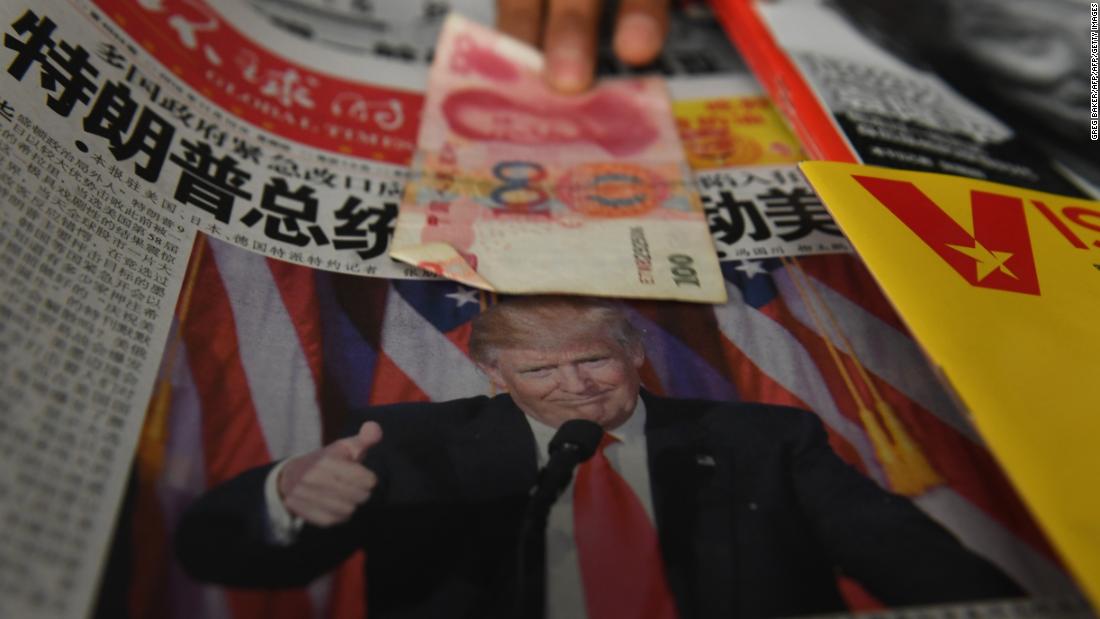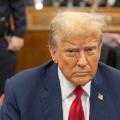
Fears of a brewing global recession were renewed this week as markets whipsawed over President Trump's trade war with China as well as disappointing economic data from both Germany and China.
The US economy, for now, remains on solid ground.
But here's what could set off a downturn:
- A pullback in consumer spending: The money Americans spend each day on coffees, cars and clothing helps to account for about two-thirds of economic growth. But worries about a future downturn can also have the effect of becoming a self-fulfilling prophecy. As consumers start to worry about the possibility of a worsening economy, it's usually followed by a desire to quit spending as much and delay bigger purchases.
- An escalation with China: Trump's on-again, off-again trade war with China has left US importers — as well as farmers hit by Beijing's retaliatory tariffs — unsure about what comes next. That has already slowed investment decisions by US businesses, and will likely continue for some time.
- A global slowdown: Five of the world's biggest economies are now at risk of a recession — and the spillover effect could eventually drag the US economy down, too. The International Monetary Fund last month cut its forecast for global growth this year to 3.2%, the weakest rate of expansion since 2009. It also downgraded its expectations for 2020 to 3.5%.
- Too little inflation: Inflation has remained historically low both in the United States and around the world. It's one of the reasons that Federal Reserve Jerome Powell has cited for cutting rates for the first time since the 2008 financial crisis. Central bankers consider low inflation dangerous because it tends to weigh on interest rates, giving them less room to juice the economy during a recession. That's what happened in Japan, which has struggled for years to kickstart growth.
- The big unknown: Brexit: The decision by Britain's new prime minister, Boris Johnson, to abandon efforts to negotiate a "soft Brexit" with the European Union has created additional global economic uncertainty. Johnson has pledged that the UK would leave the European Union on October 31 with or without a deal, raising concerns about shortages of food and medicine.


